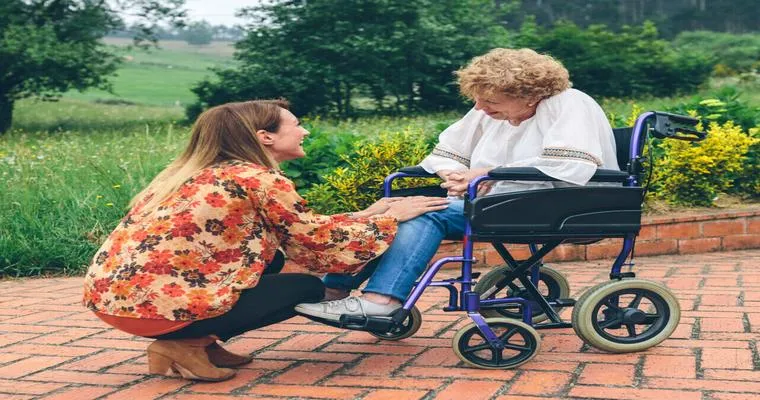Caregiving is a demanding role that often goes unrecognized, leading to feelings of isolation and frustration. For many "caregivers", the challenges they face can be overwhelming, yet society frequently overlooks the emotional and physical toll these responsibilities take. When people can't or won't acknowledge our "challenges", it adds another layer of difficulty to an already complex situation. Understanding how to navigate these feelings of neglect and finding ways to foster "empathy" in our communities is essential for both our well-being and the quality of care we provide.
The first step in addressing the lack of recognition for caregivers is to foster self-awareness. "Caregivers" must acknowledge their own feelings and challenges before seeking understanding from others. By recognizing the emotional weight they carry, caregivers can better articulate their needs and experiences. This self-awareness can also lead to a more profound sense of empowerment, enabling caregivers to advocate for themselves in personal and professional spheres.
Communication plays a crucial role in bridging the gap between caregivers and those around them. Many people may simply be unaware of the unique struggles faced by caregivers. Initiating open dialogues about the demands of caregiving can help raise awareness and foster empathy. Sharing personal stories or engaging in support groups can provide a platform for caregivers to express their feelings and experiences, encouraging others to listen and understand.
Building a support network is another vital step for caregivers. Connecting with others who share similar experiences can provide a sense of belonging and validation. Support groups, whether in-person or online, offer a space for caregivers to voice their challenges and receive encouragement from those who truly understand. This sense of community can be an invaluable resource, helping caregivers to feel less isolated and more empowered in their roles.
It is also important to recognize that not everyone may be capable of providing the empathy that caregivers need. Some individuals may be preoccupied with their own challenges or may lack the knowledge to understand what caregivers experience. In these situations, caregivers should focus on finding those who can offer support rather than seeking validation from those who cannot. Surrounding oneself with empathetic individuals can make a significant difference in managing the emotional toll of caregiving.
For caregivers, self-care is essential. Engaging in activities that bring joy and relaxation can help alleviate feelings of stress and burnout. Whether it's taking a walk, reading a book, or participating in a hobby, prioritizing personal well-being is crucial. When caregivers take time for themselves, they are better equipped to handle the demands of their role, and this, in turn, can lead to better care for those they support.
Lastly, advocating for broader societal change is necessary to ensure that the struggles of caregivers are acknowledged. This can include raising awareness about the importance of caregiving roles, pushing for policies that support caregiver rights, and promoting workplace flexibility for those who juggle caregiving with employment. By working towards a more empathetic society, caregivers may find that their challenges are recognized and validated on a larger scale.
In conclusion, while it can be disheartening when people can't or won't acknowledge the challenges faced by caregivers, there are proactive steps that can be taken. By fostering self-awareness, enhancing communication, building support networks, prioritizing self-care, and advocating for societal change, caregivers can navigate their emotional landscapes more effectively. Ultimately, cultivating "empathy" for caregivers is not just beneficial for them but enriches the entire community, creating a more compassionate environment for everyone involved.





